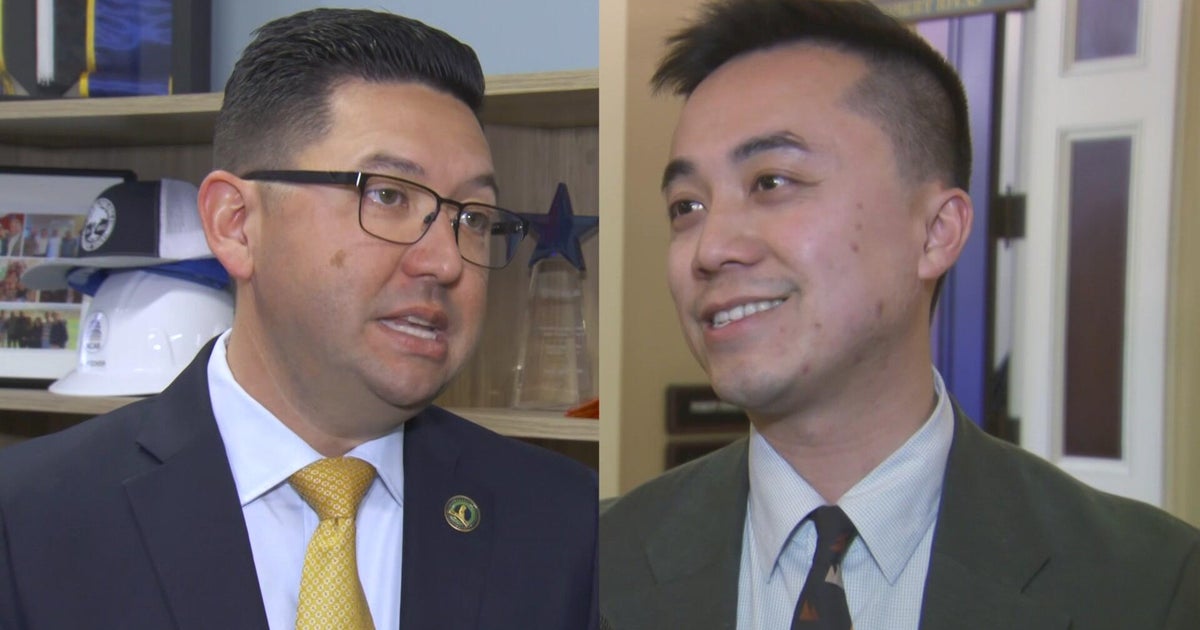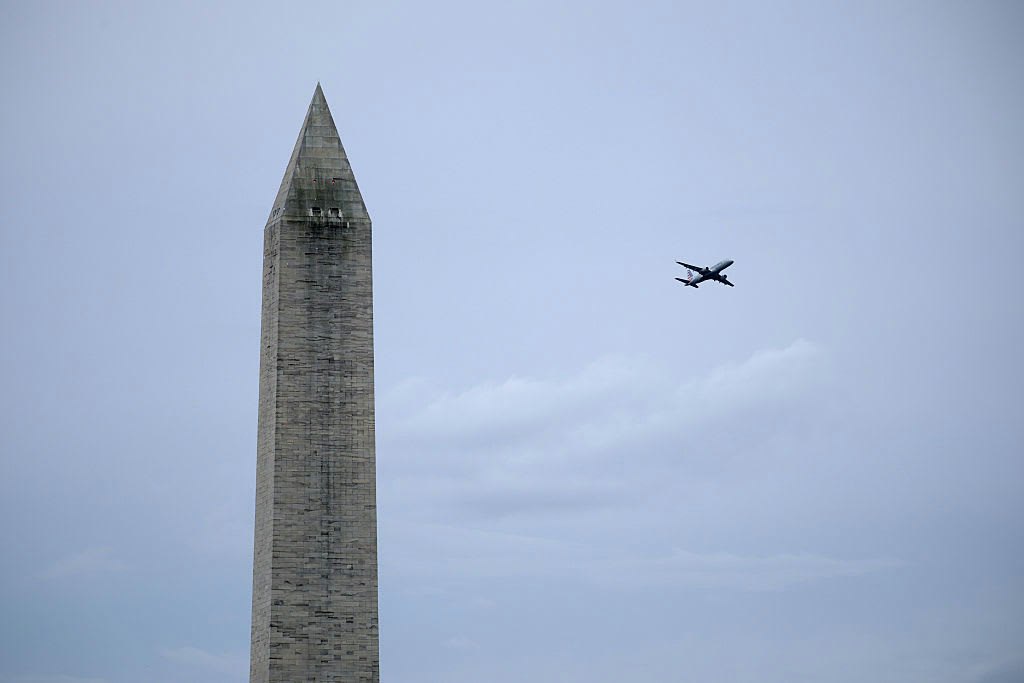Legal ruling averts Uber and Lyft shutdown in California
A California court ruled Thursday that Uber and Lyft are not required to immediately reclassify their drivers as employees rather than independent contractors. The decision allows the ride-hailing services to keep operating in the state after they had threatened to pull out.
Only hours before the ruling, Lyft had announced that it would halt service in California at 11:59 p.m. on Thursday. "This change would also necessitate an overhaul of the entire business model — it's not a switch that can be flipped overnight," the company said of the law, which took effect January 1.
Last week, a state judge ordered the companies to treat drivers as full employees, as required under a law passed in California last year. The transportation companies appealed the decision, arguing that the new law did not apply to them.
Uber had also threatened to temporarily halt service in California if it were forced to comply with the law. "We can't go out and hire 50,000 people overnight," CEO Dara Khosrowshahi said in a podcast earlier this week.
The ruling allows the companies to continue treating their drivers as contractors until the first hearing in the case, which is scheduled for October 13.
Pushing costs onto drivers
Both companies keep their labor costs down by categorizing drivers as contractors, who don't receive the same benefits and workplace protections as the companies' full-time employees. As independent contractors, Uber and Lyft drivers are responsible for their own expenses, including taxes, and don't get sick days, vacation time or compensation if they're injured on the job.
Classifying drivers as employees would shift many of those costs onto Uber and Lyft. It's a vastly more expensive arrangement for the companies, neither of which has turned a profit to date.
California officials say treating drivers as contractors also has broader costs because the companies don't contribute to the state's dwindling unemployment insurance fund on the drivers' behalf.
Playing hardball
California represents a substantial chunk of both companies' businesses, accounting for about one-fifth of all Lyft rides pre-pandemic and about one-tenth of Uber's.
The threat to shut down in the state represents a hardball strategy the ride-hailing companies previously used in Austin, Texas. In 2016, the city passed a ballot measure that Uber and Lyft opposed, which required them to fingerprint their drivers for background checks.
Two days later, Lyft and Uber left the city, a move that confused riders and left many drivers without a livelihood, according to Wired. The following year, the state legislature reversed Austin's law, and Uber and Lyft returned soon after.
The companies are using a similar approach in California, where they're pouring millions into a November ballot initiative that would put drivers into a separate category of workers with some protections, but that fall short of full-employee status.
Wedbush analyst Dan Ives said that massive service disruptions would annoy riders and create more public support for the ballot initiative, dubbed Proposition 22.
"In this game of high stakes poker we believe this is a smart move by Lyft with Uber, and the court ruling today was a major victory lap for both players," he told investors in a note.
In an update to its cancellation threat, Lyft thanked "the tens of thousands of drivers, riders, and public officials who urged California to keep rideshare available." An Uber spokesperson said the company would "continue to advocate for drivers' ability to work with the freedom they want."
The Associated Press contributed reporting.



